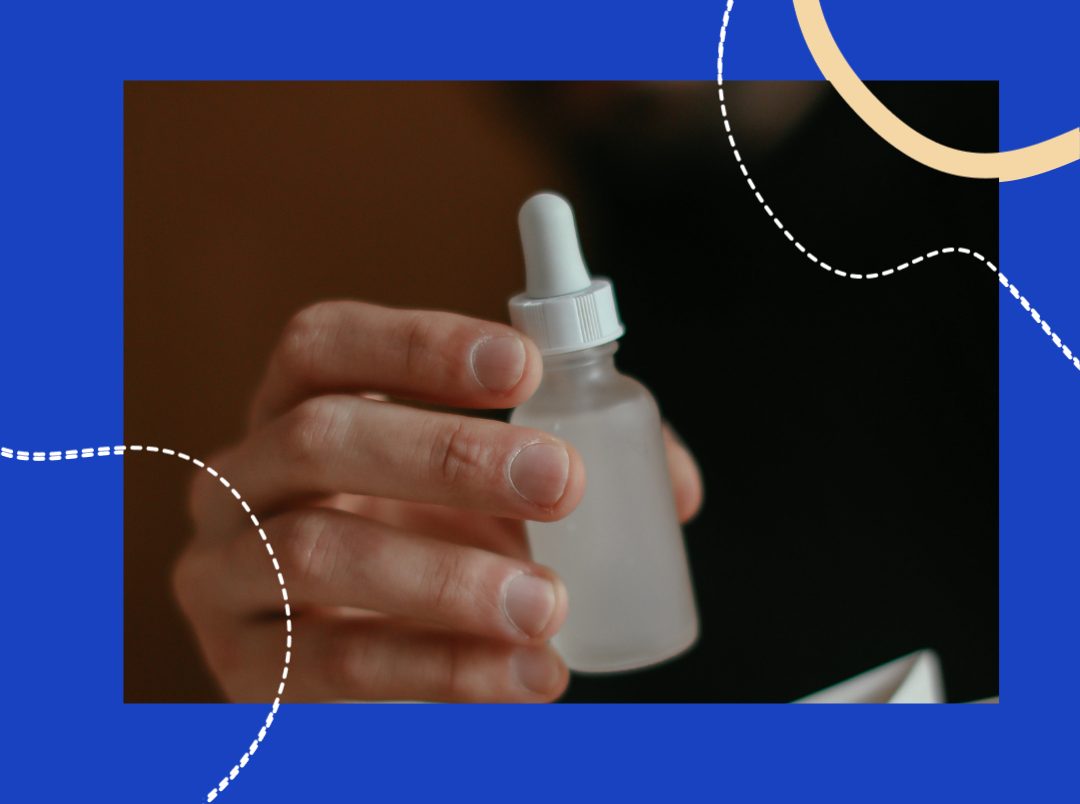Have you all heard of this new acid on the skincare block – Succinic acid? Well, if you’ve ever heard of ethyl esters, methanols, ethanols, and more. Succinic acid was found to be soluble in them as well as mixed well with water. Still confused? Let’s put it this way, succinic acid is one of those rare rainbows in the world of skincare, giving a wide range of benefits, including some rather potent acne-fighting qualities without causing irritation.
The fact about skin care acids is that they only gain traction after the beauty world starts publicly discussing them. Take, for example, succinic acid for the skin. For a long time, this antimicrobial, antioxidant, and antibacterial ingredient has been used in skin care products.
But before you go searching for the best skin care products with succinic acid, you need to first understand what succinic acid is and why you should be hunting for it.
What Makes Succinic Acid So Special?

Succinic acid is an antimicrobial and anti-inflammatory compound that has soothing effects while offering antioxidant protection as well as anti-aging properties. It’s derived from amber or sugar cane, but it’s also found in plant and animal cells naturally.
Who Should Use It?
This acid is safe for all skin types, including sensitive skin. It’s recommended using this substance in your routine because it offers so many advantages.
A patch testing is always recommended, especially if you have sensitive skin. Apply a little dose of succinic acid behind your ear and leave it there for 48 hours. You can try it on your skin if you don’t notice or feel any adverse effects.
Benefits Of Succinic Acid

Now that we’ve learnt what succinic acid is, let’s find out the benefits of it.
Offers Antibacterial Properties:
Succinic acid has been demonstrated to reduce the growth of bacteria and fungi that can cause acne.
Reduces Inflammation
Succinic acid’s anti-inflammatory properties are especially advantageous in the treatment of acne, particularly deep, inflammatory cystic acne. It is also a good element for people with inflammatory skin problems like eczema and psoriasis since it can help relax the skin and improve wound healing. While succinic acid by itself will not cure any of these diseases, it can undoubtedly help lessen obvious symptoms. Oh, and did I mention the other great thing? This acid also has some analgesic properties, making it a viable alternative for alleviating at least part of the discomfort linked with acne and these other disorders.
Hydration Is Key
Succinic acid is a hydrator that is structurally comparable to our skin’s natural lipids. It also helps to manage and balance excess sebum production, which is beneficial for persons with oily or acne-prone skin. While conditioning and softening the skin, it works the best when it’s combined with hyaluronic acid.
Provides Antioxidant Protection
Succinic acid’s antioxidant properties and ability to guard against free-radical-induced damage are just two reasons why it can be a useful anti-aging substance. It also helps increase skin firmness and elasticity by speeding up metabolic processes that promote skin renewal at the cellular level.
Increases The Rate Of Cellular Renewal
Succinic acid helps increase skin firmness and elasticity by speeding up metabolic processes that promote skin renewal at the cellular level.
Here’s The Best Way To Use Succinic Acid In Skincare

Succinic acid is best used in the form of serums or light moisturisers because of its small molecular size. To protect your skin from UV damage, use a broad spectrum sunscreen after you’ve used your exfoliant. Succinic acid should be used after a patch test on your arm, because even when used gently, it can irritate certain people with extremely sensitive skin. Because it is naturally hydrating, this ingredient can also be used as a spot treatment or as a daily moisturiser!
Add this amazing skincare acid to your beauty shelf and bad skin days will be a thing of the past.
Featured Image: Pexels






